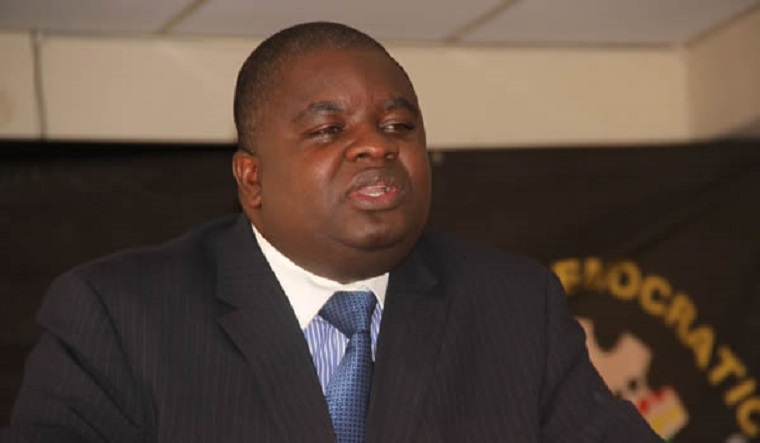 Zimbabwe can surpass its goal of becoming an upper middle income country by 2030 and become an industrialised and developed economy instead if it gets its maths right on how to utilise its natural resources.
Zimbabwe can surpass its goal of becoming an upper middle income country by 2030 and become an industrialised and developed economy instead if it gets its maths right on how to utilise its natural resources.
This was said by opposition politician Tapuwa Mashakada who was Minister of Economic Planning during the inclusive government of 2009-2013.
In his contribution to the motion on domestic resource mobilisation, Mashakada said as far as he was concerned, there were two things that Zimbabwe had to do to get things right.
One was economic planning and the other was economic growth nods.
“These resources will not benefit us if we do not plan as a country. That is where the issue of developmental state becomes relevant. It is only when you have got a strong developmental State that plans its economy and the usage of its resources that you can get your minerals and other natural resources to benefit the whole country,” he said.
“I will give you a typical example of failure to plan. If you look at the number of dams in this country, you will be surprised. The latest one being Tokwe-Mukorsi where we spent about US$250 million to build the dam without any plans on what to do next.
“That dam was completed in 2013 but there is no irrigation that is happening. The water is not going to the lowveld. There is no special planning around that dam or is there any economy surrounding that dam. So, we need proper economic planning at a Developmental State Level to make sure that our natural resources are leveraged. It cannot just happen on its own without proper economic planning, which is very important.”
Mashakada went on: “The other issue I am proposing is what we call Economic Growth Nods. That is the easiest way to make sure that communities develop and benefit from the local resources that are found in their communities. If we develop local growth nods, we make sure that like in Lupane for example, the economy of Matabeleland North is driven by coal or the natural resources found there and the communities must benefit from those natural resources.
“In this case, the coal-bed methane that is found in Lupane can propel development in the whole of that region just as my colleagues have already ably demonstrated from coal-bed methane, which simply is that gas which is trapped in the coal reserves underground. So, you need the technology to extract that gas so that you can use some of it as LPG or use coal chemical methods to turn it into fuel so you can have so many bi-products from the coal-bed methane. You can also use it as natural gas.
“Natural gas is in high demand as we speak and this is the reason why we now have got insurgence in Carbo-del-Gardo because Mozambique has discovered huge amounts of natural gas in that area. You may recall that Total, the French company has invested about US$6.3 billion to mine natural gas in Carbo-del-Gardo. That is a lot of money coming into Mozambique as an investment. Everybody knows that this is the way to develop. War is now breaking out for the control of those resources.
“So, we are sitting on resources that can develop our country and leap frog it towards Vision 2030 or even surpassing a middle income status to become an industrialised and developed economy if we do our maths right,” he said.
Full contribution
Continued next page
(242 VIEWS)

